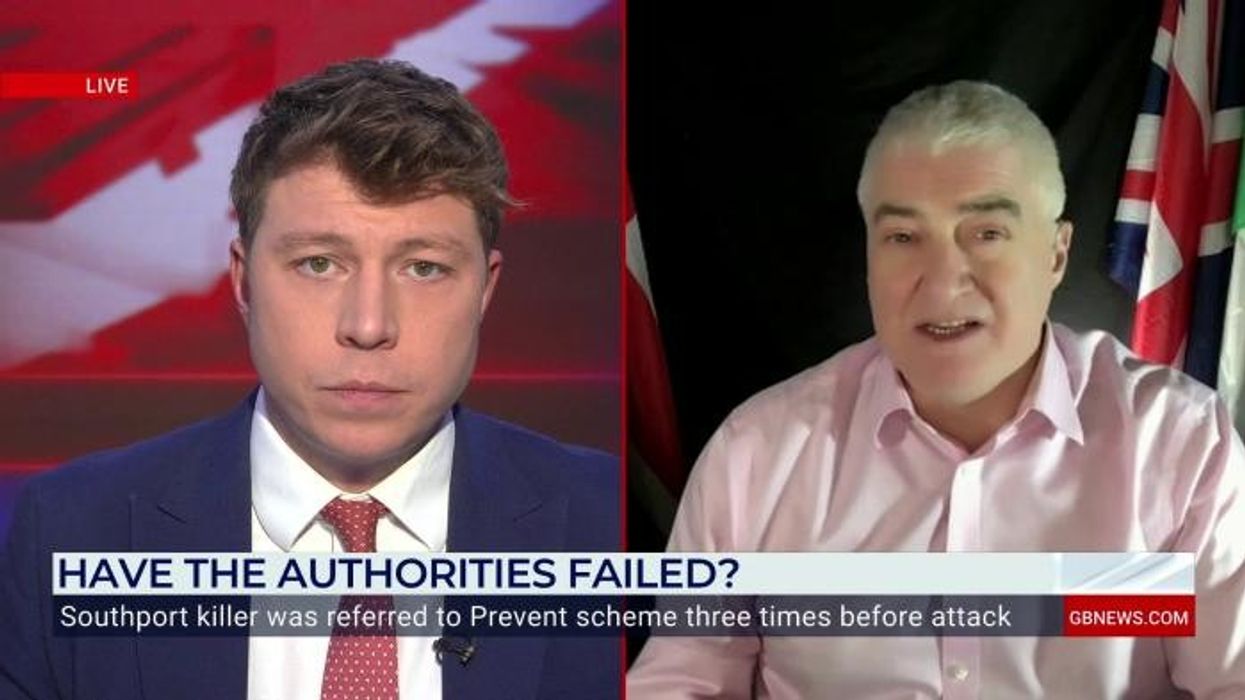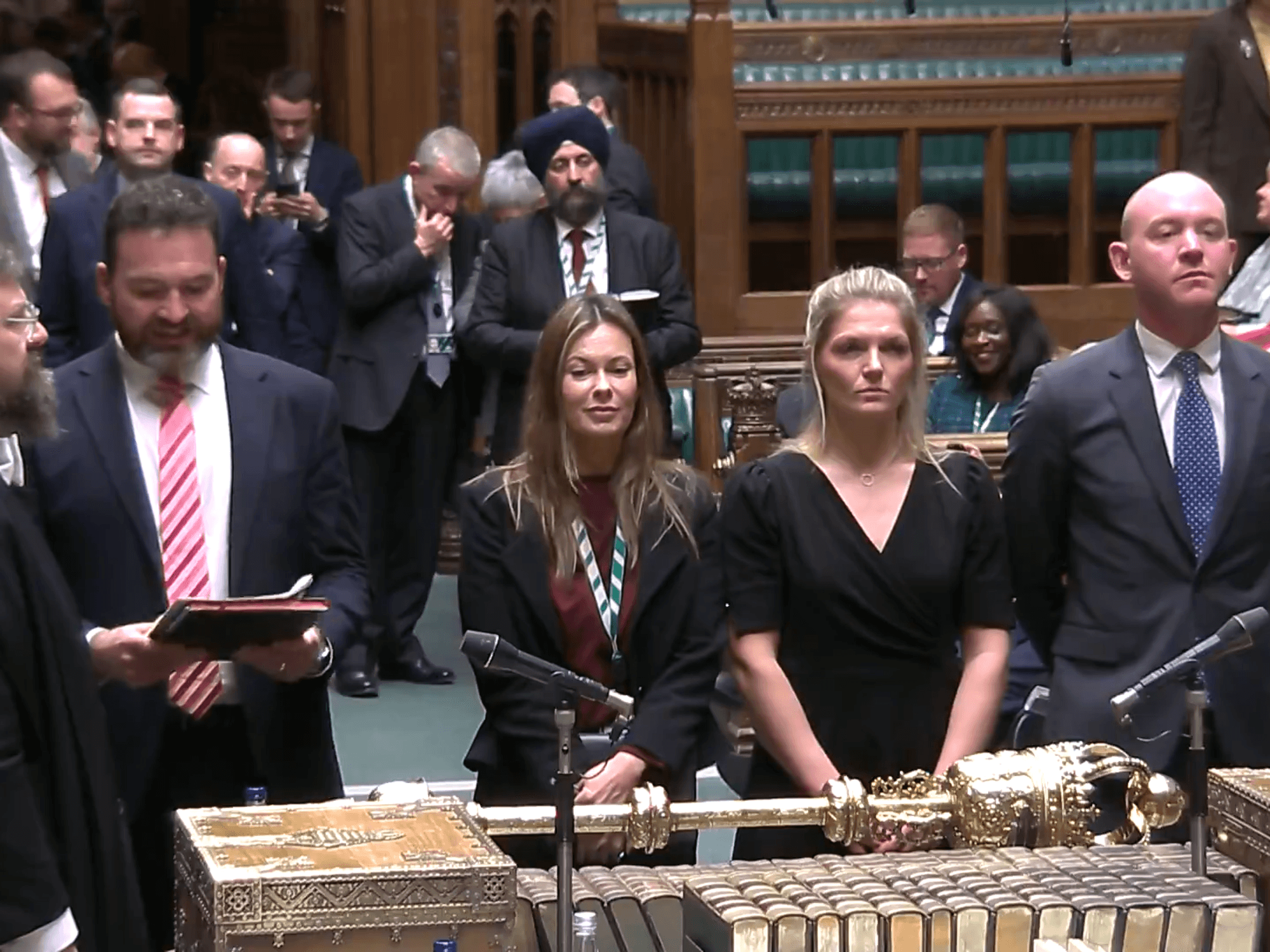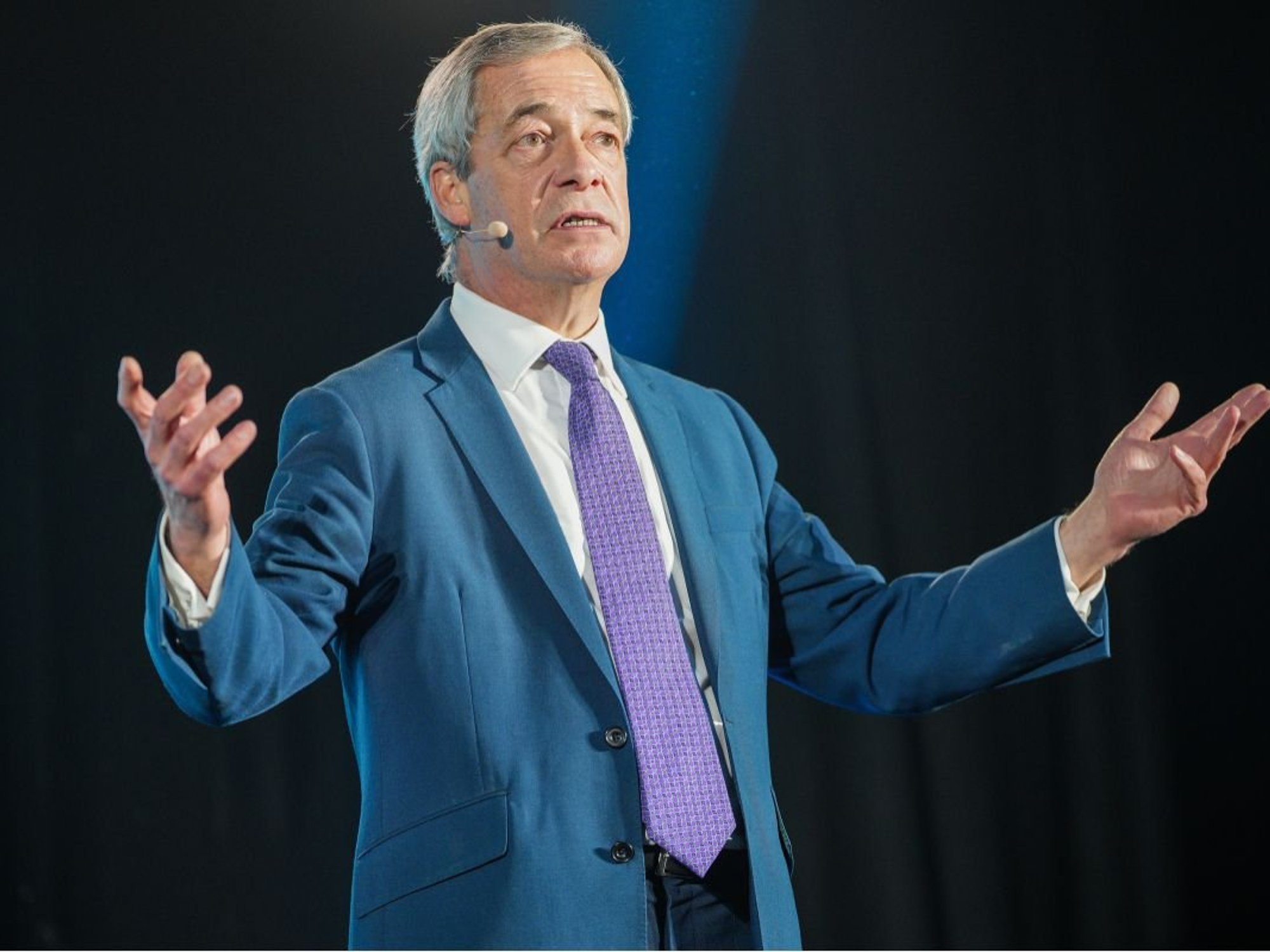Prevent counter-terror scheme 'FAILED' in Southport murders and Sir David Amess killing - damning report

The scheme is now set to be opened to those 'with no fixed ideology' - sparking serious questions over its purpose
Don't Miss
Most Read
Trending on GB News
The Prevent counter-terror scheme failed to "provide what might have helped" Southport murderer Axel Rudakubana and Sir David Amess's killer Ali Harbi Ali, an official report has found.
The report, by the scheme's interim commissioner Lord Anderson, revealed that school staff had referred the pair of killers to Prevent - but they both went on to commit their crimes.
He also vowed that Prevent should "remain open to those with no fixed ideology" - despite warnings that doing so would "fundamentally" change the scheme's purpose.
Counter-extremism tsar Robin Simcox, told the Commons' Home Affairs Committee that if Prevent shifted its focus towards taking on more cases of those with interests in extreme violence, it would mean the system "isn't really a counter-terrorism programme any more".
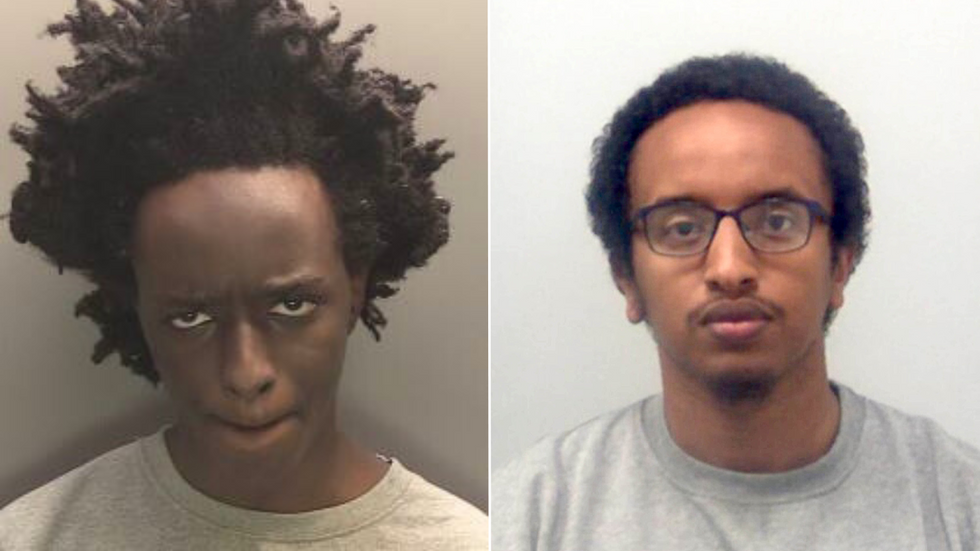
Prevent failed to 'provide what might have helped' Southport murderer Axel Rudakubana (left) and Sir David Amess's killer Ali Harbi Ali (right)
|CPS/METROPOLITAN POLICE
He told MPs on Tuesday it would be a "pretty fundamental shift in what Prevent is", adding: "Prevent better brace itself for an awful lot of referrals."
"A huge amount of effort has already gone into making Prevent a stronger programme than the one which failed to deal in 2014 with the future killer of Sir David Amess," Anderson said.
"A blizzard of further initiatives has followed the Southport murders of last summer. Though it is too early for all of these to be fully evaluated, taken together they will reduce the chances of such failings being repeated.
"But more needs to be done. It has to be clear that people with a fascination with extreme violence can be suitable subjects for Prevent, even when they have no discernible ideology.
"In the longer term, I believe that Prevent could work better as part of a comprehensive violence prevention and safeguarding strategy."
TERRORISM IN BRITAIN - READ MORE:
- Palestine Action: Counter terror police arrest five more after attack on UK defence firm
- Twenty years on from the Islamist terror attack, the weight of that July day is as heavy as ever - Susan Hall
- Terror watchdog REJECTS demands to change 'terrorism' definition after Southport murders 'over fears of restricting freedom of expression'
- 'Imminent terror attack' in Britain was 'just HOURS away' before special forces foiled plans
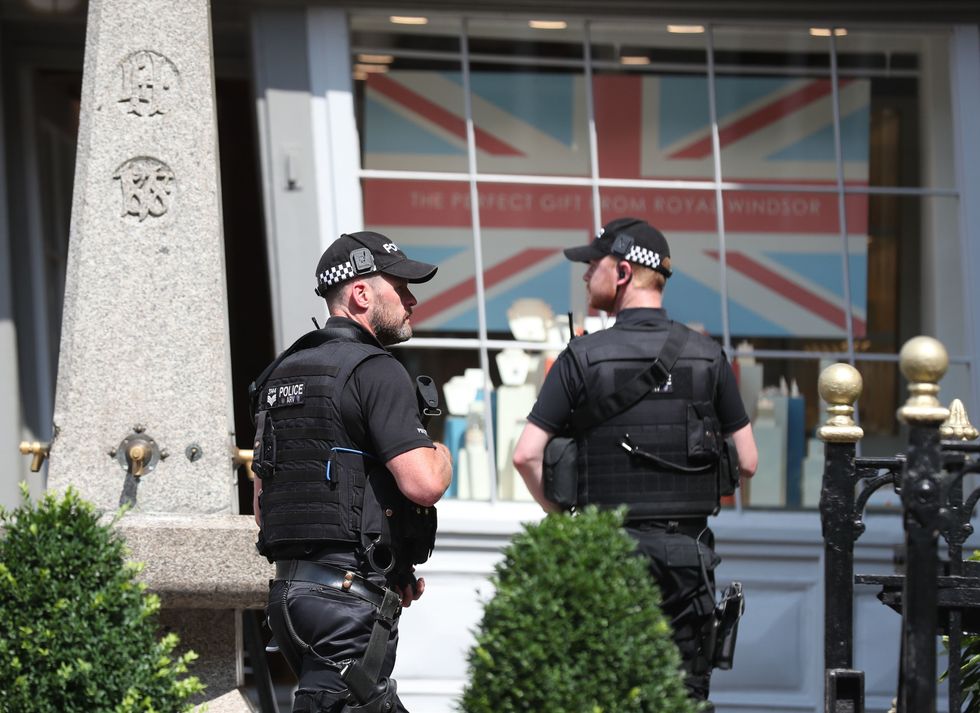
The counter-terror scheme is now set to be opened to those 'with no fixed ideology' - sparking serious questions over its purpose
| PAHome Secretary Yvette Cooper, in a written ministerial statement today, said: "Prevent failed to provide what might have helped them.
"Whether different decisions might have spared their victims will never be known: both attacks came years later, and many imponderables intervened.
"But wrong decisions were taken; more should have been done; and from these failures, lessons must continue to be learned."
Now, Cooper has vowed to "immediately act" on Lord Anderson's findings.

Yvette Cooper has vowed to 'immediately act' on Lord Anderson's findings
|PA
In her statement, she said officials will clarify Prevent thresholds in guidance for frontline workers - who have a duty to refer individuals to the scheme.
Workers will be told that anyone "fascinated with extreme violence or mass casualty attacks" should be referred to the counter-terror programme.
She said this work will be completed by the end of September.
The Home Secretary also said work will continue to look at how Prevent connects with wider violence prevention and safeguarding efforts, and will improve "transparency and information sharing" by the end of the year.
Counter Terrorism Policing's senior national coordinator for Prevent and Pursue, Deputy Assistant Commissioner Vicki Evans, said the body "welcomes Lord Anderson’s report and remains committed to understanding the full extent of the circumstances which led to the murders of Sir David Amess in 2021, and of innocent children in Southport last year".
She added: "Not only is it the least those affected by these acts of violence deserve, but it is only through this understanding that we can identify where the Prevent system can be improved to keep pace with evolving threats and strengthen our protection of the public alongside our partners.
"We are grateful to Lord Anderson for the time he spent speaking to CTP officers and staff directly involved in those cases, and to other colleagues who explained how we have responded to the recommendations of previous reviews.
"We will now carefully reflect on the report and its recommendations, and continue to work alongside the Government, security services, wider policing and other partners to ensure that systems designed to keep the public safe from harm do exactly that."
More From GB News


